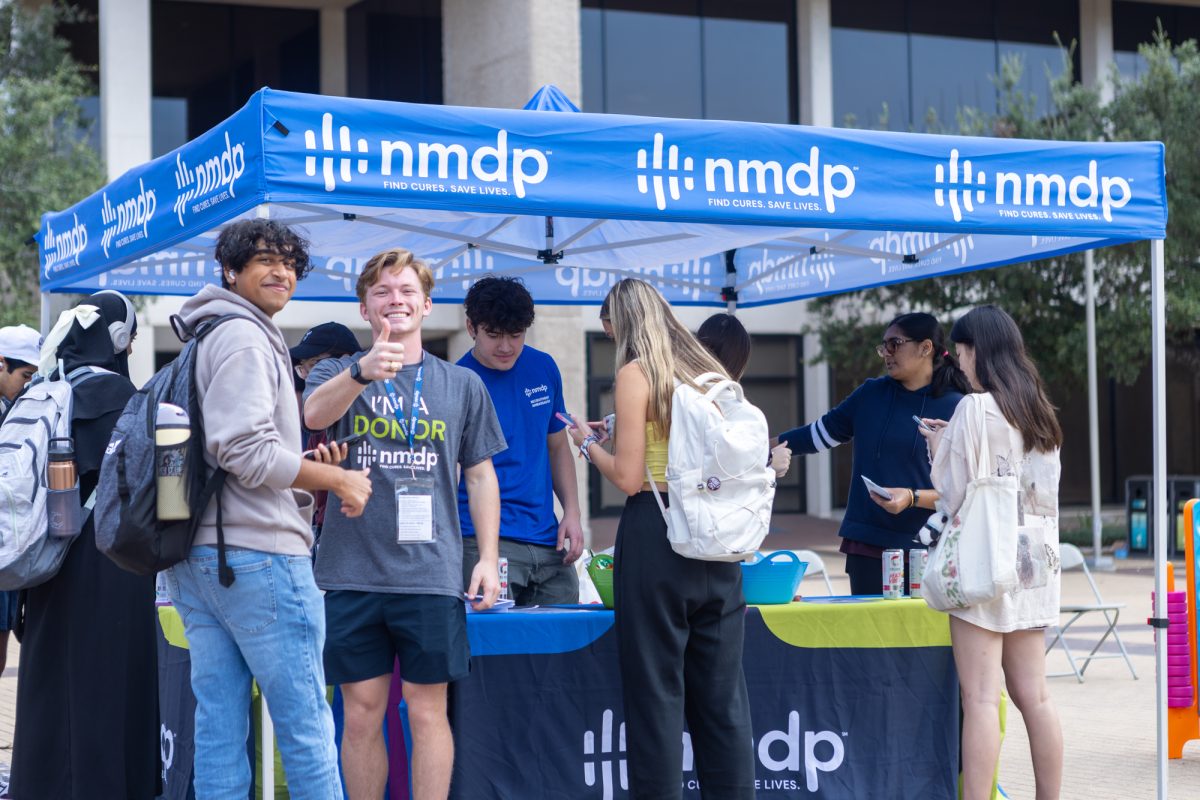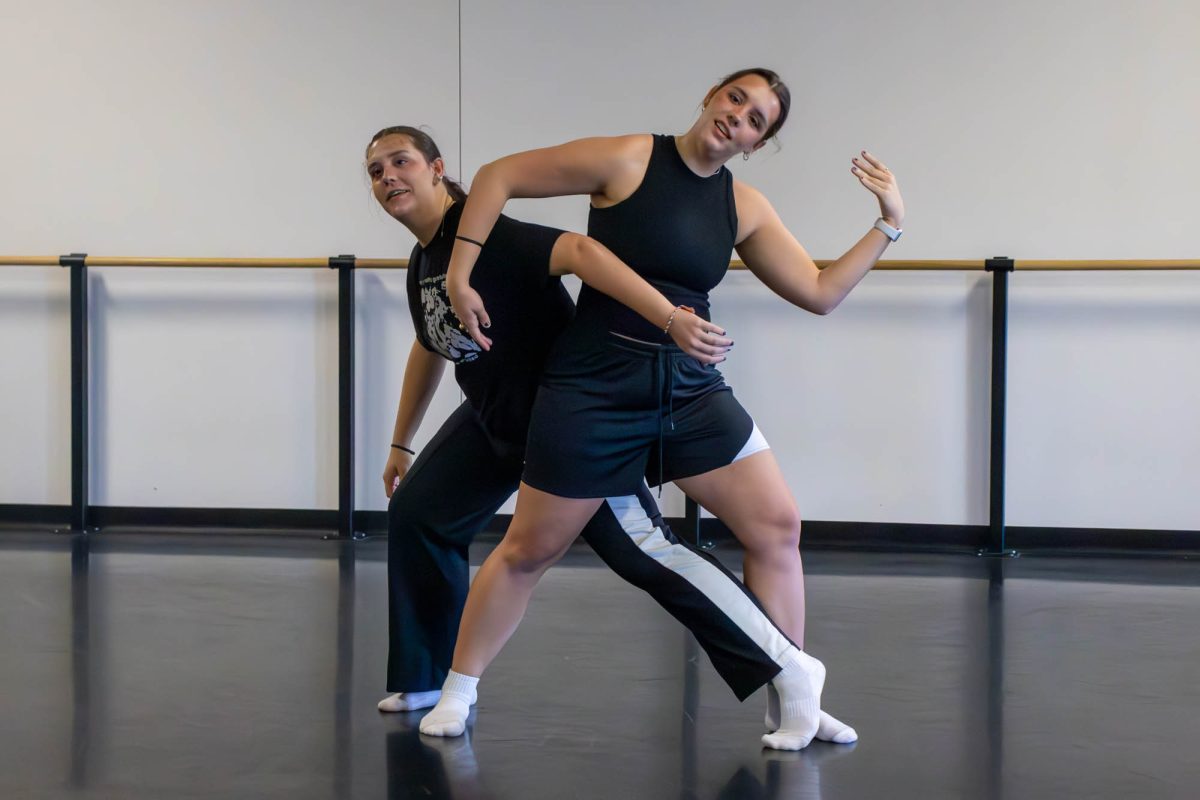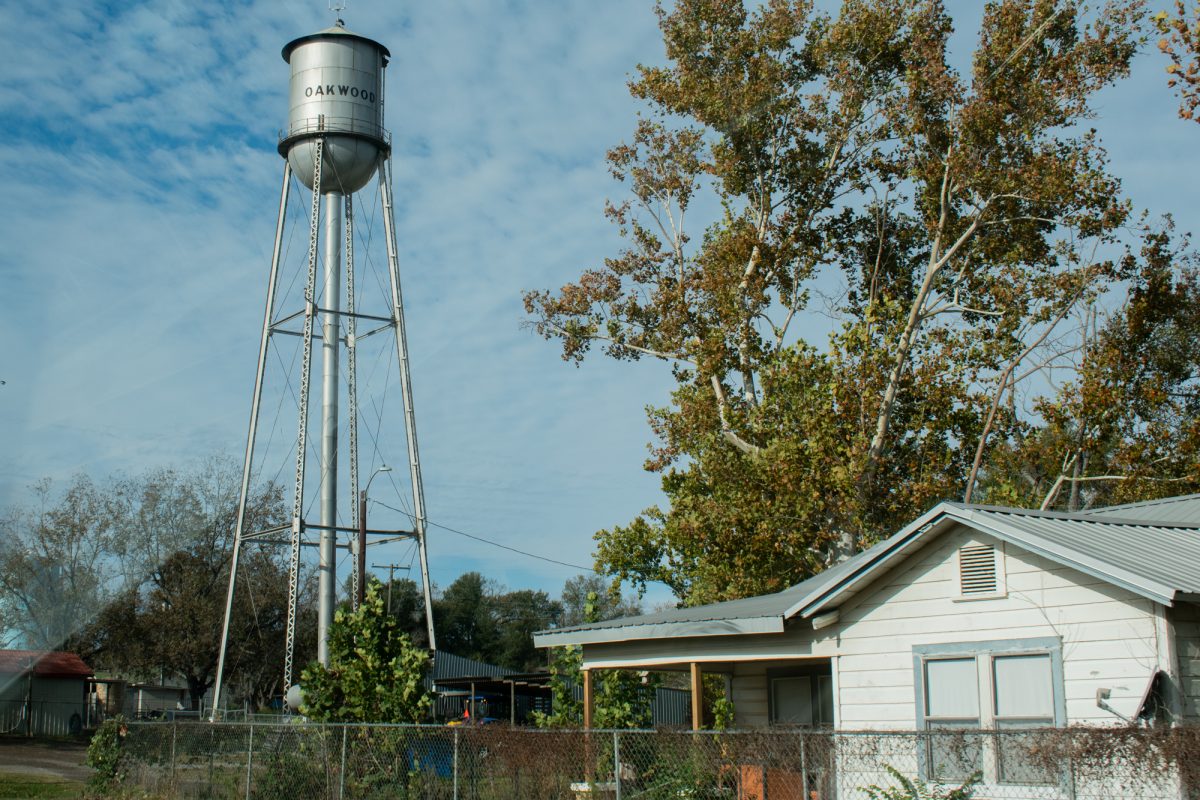Aggies weigh in on proposed high-speed train
Amtrak recently received $64 million in a federal grant to continue planning the proposed high-speed railway project that could potentially cover the 240-mile distance between Dallas and Houston in 90 minutes, moving at speeds of 205 mph, according to a Sept. 6 Houston Chronicle article.
With Amtrak considering a stop in the Brazos Valley, six Aggies weighed in on whether the local train stop would be of interest to them and how they would use it.
Although the train proposal is a new concept to accounting sophomore Meredith Shults, she said she would use it to travel to her hometown in Dallas.
“I probably spend $20 on gas from home to here, and it’s three and a half hours,” Shults said. “Traffic is bad, especially in Waco. I’d avoid a flat tire and Waco for a train ticket.
Considering gas prices versus ticket prices, allied health sophomore Mackenzie Balzen agreed that she would consider the train under certain circumstances.
“Yeah, I’d use it if the train ticket is cheaper than gas,” Balzen said. “Gas is expensive.”
While student concerns about efficient transportation were highlighted in the 2024 capacity report released by Texas A&M in July, another Aggie offered a mixed reaction to the Amtrak plan’s estimated $40 billion cost. The project will take over a decade to complete, according to Texas Central Railway.
Given the current national shortfall in revenue, biomedical sciences junior Cason Cox said the proposal’s cost is excessive.
“That’s a steep price considering our budget deficit right now,” Cox said. “I do think that it would be a good alternative for flying and cheaper for people that commute. I think if we can get that price down in any way possible, it could be a great opportunity, but for right now, there’s a lot of other stuff we need to focus on.”
One student said he would use the train to visit family and for relaxation.
“It’s my first time hearing about it, but I’d use the potential stop in Brazos Valley 1,000% percent — mainly for convenience and price,” business sophomore Will Hainley said. “I’d use it pretty often to visit my grandfather in Houston or for leisure and travel.”
Nuclear engineering junior Carson Corbell said the rail line could potentially replace car travel.
“Time convenience is a big [advantage],” Corbell said.
Considering the uncertainty of the current job market, biomedical sciences junior Claudia Gigliotta said the high-speed train could provide unique opportunities.
“I have not heard or seen anything about this, but I think it would be an efficient way to get people to one place,” Gigliotta said. “Plus, it can create more jobs because there will be more land and gas stations that’ll open up.”


















